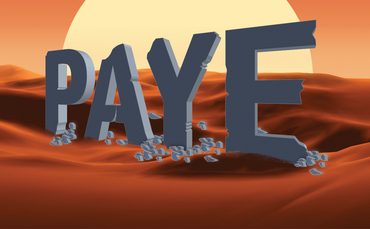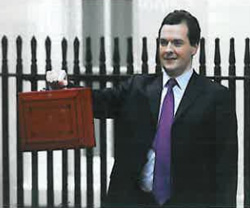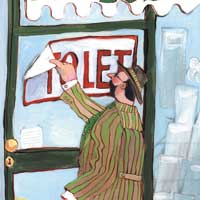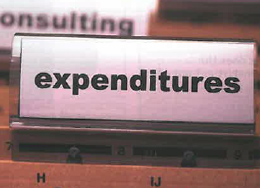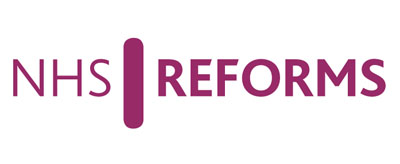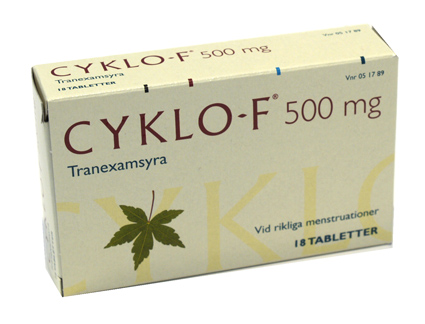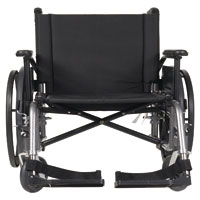A Look at Inheritance Tax
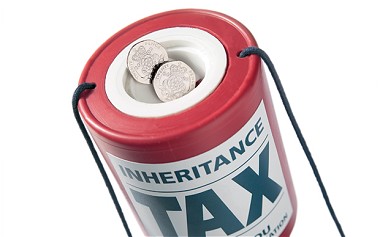 They say that only two things in life are certain – death and taxes. But by knowing the basics of Inheritance Tax (IHT) it is possible to reduce your exposure to tax when you die.
They say that only two things in life are certain – death and taxes. But by knowing the basics of Inheritance Tax (IHT) it is possible to reduce your exposure to tax when you die.
On someone’s death, the calculation of IHT starts with the value of all the deceased’s assets, from which are deducted the amount of the deceased’s liabilities at the date of death and various exemptions – the most important of which are the spouse exemption and business property relief (BPR).
The part of the estate left to the deceased’s spouse is exempt from IHT, although if the spouse is non-UK domiciled the amount of the spouse exemption is restricted to £55,000.
Business property in the deceased’s estate – such as the value of a business, shares in the deceased’s company and assets used in a business – will attract business property relief (BPR) at either 100% or 50% depending on the type of asset, so the IHT on these will be either reduced or eliminated altogether.
The first, currently, £325,000 of the estate is then charged to IHT at 0%; this is called the nil-rate band and is set to remain at this level for the next couple of years at least. The excess of the estate over the nil-rate band is taxed at 40%.
For many people, there will be no IHT liability on death as the whole of their estate will be left to the surviving spouse; in that case, the nil-rate band is effectively unused, so on the death of the second spouse, the nil-rate band applicable to the estate of the surviving spouse will be increased by the percentage of the nil-rate band unused on the first spouse’s death. At present therefore, where the nil-rate band is unused on the first death, the nil-rate band on the second death is £650,000.
However this is not the end of the story. Where an individual makes a gift to another individual it is called a “potentially exempt transfer” or PET. If the donor survives for 7 years from the date of the gift, the value of the gift ceases to be part of his estate; however if the donor dies within 7 years then the value of the gift is added to his estate – where the gift was made more than 3 but less than 7 years before death and that gift is taxable, the rate of IHT is reduced.
So what can you do to reduce your exposure to IHT? Clearly reducing the value of your estate will minimise the amount of IHT you, or your spouse, will eventually pay.
While larger gifts are treated as PETs as above, it is worth noting that certain smaller gifts are entirely free from IHT so will reduce your estate regardless of when made – a single gift of up to £3,000 each year will be covered by the IHT annual exemption and will immediately fall out of your estate; the exemption can be carried forward for one tax year, so if you did not utilise it in 2010/11, you can made a gift of up to £6,000 in 2011/12. Each spouse has their own exempt amount, and each £3,000 gift is an IHT saving of £1,200 – a significant saving when taken over a period of years.
Similarly, any number of gifts of up to £250 per recipient can be made and are not treated as PETs.
Another very useful exemption is the exemption for “normal expenditure out of income” – where a series of gifts is made which can be demonstrated to be part of the donor’s habitual expenditure, to have come out of the donor’s after-tax income and to have left the donor with sufficient income to maintain his usual standard of living, then those gifts are not treated as PETs and will not be included in the donor’s estate regardless of when made. This can be particularly useful for, say, parents giving regular sums to children, as long as it can be shown that the above conditions are met.
Where possible, early IHT planning is of course advisable; insurance policies for IHT are available and your Financial Adviser can assist. Finally do ensure you have a valid and up-to-date Will to ensure that your estate is dealt with according to your wishes.
Disclaimer
Umesh Modi BA ACA, is a Chartered Accountant and Tax Advisor, and a partner at Silver Levene (Incorporating Modiplus+). He can be contacted on 020 7383 3200 or umesh.modi@silverlevene.co.uk



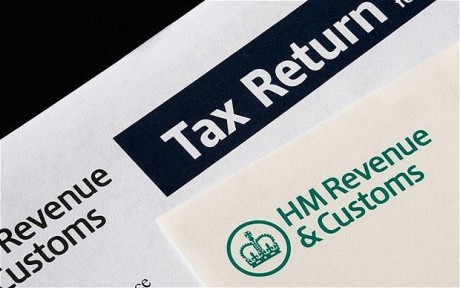

 There is no simple answer to this question because different types of record are covered by different types of legislation, as shown by the following summary:
There is no simple answer to this question because different types of record are covered by different types of legislation, as shown by the following summary: